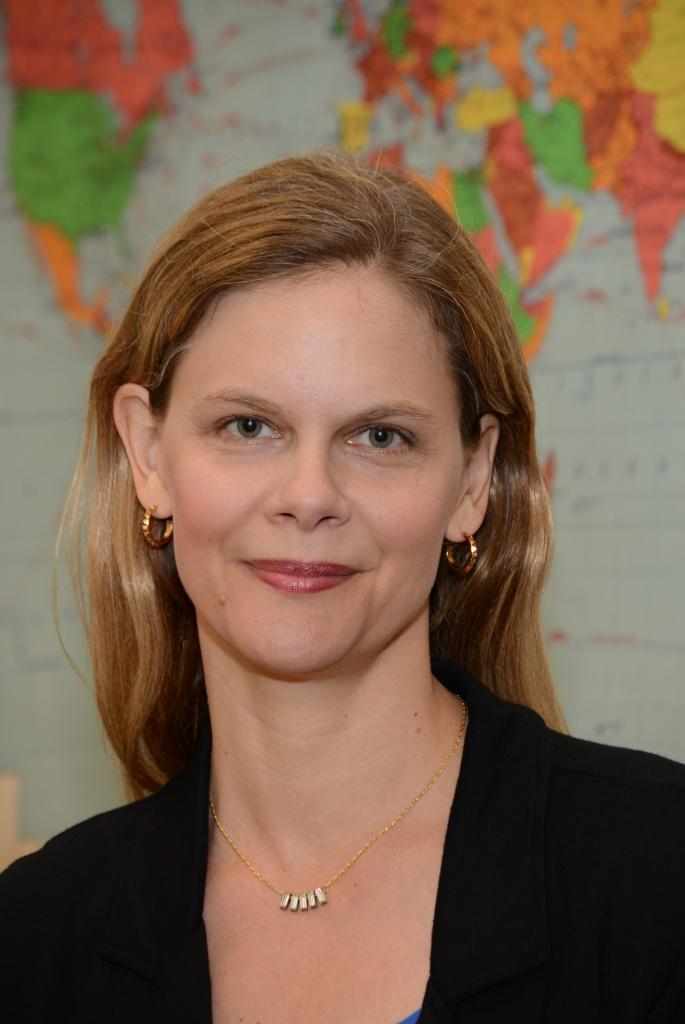Beverly Gage resigns as Grand Strategy director over academic freedom concerns
Citing donor pressure and academic freedom, history professor Beverly Gage resigned from her position as director of the Brady-Johnson Program in Grand Strategy.

Yale News
Beverly Gage, a 20th-century history professor who served as director of Yale’s Brady-Johnson Program in Grand Strategy, stepped down from the position citing the University’s inability to combat donor influence over the program’s curriculum.
Her March 2021 resignation, which was publicly announced by The New York Times that September, was a reaction to the donor influence of former United States Treasury Secretary Nicholas F. Brady ’52 and billionaire businessman Charles B. Johnson ’54. The two alumni largely funded much of the Grand Strategy program, a year-long statecraft and politics course that accepts approximately 20 undergraduate and graduate students. Brady and Johnson had attempted to institute an advisory board to oversee the program, including conservative figures such as former U.S. Secretary of State Henry Kissinger.
“This is not a pay-to-play institution,” Gage told the News in an interview. “That is not how you get to influence the curriculum — you want people who have expertise, pedagogy, skills making those kinds of decisions.”
Pericles Lewis, then vice provost for academic affairs, told the News that Yale had a legal obligation to create the board in accordance with a 2006 gift agreement. Gage acquiesced, but she insisted that the board’s appointees be diverse across ideological, gender and racial lines.
Instead, University President Peter Salovey announced a new board of conservative members. The group included Kissinger, who served under former President Richard Nixon, as well as Stephen J. Hadley LAW ’72, national security adviser to George W. Bush ’68, and Thomas H. Kean, former Republican governor of New Jersey. The two donors insisted that no members with a background in social activism were included.
Gage resigned shortly afterward, as University professors spoke out in support of her.
Yale Law School professor Samuel Moyn called Gage a “hero” on Twitter. John Lewis Gaddis, a co-founder of the Grand Strategy program and history professor, cemented his disapproval of the alleged donor pressure.
“The Yale administration could have made it unambiguously clear to the donors that the faculty shape the curriculum,” Gaddis told the News. “The administration should now, equally unambiguously, commit itself and recommit this institution to this fundamental principle.”
In response to criticism, University administrators pledged to make limited systemic or procedural changes to the donor process. Yet Salovey noted that there was a careful act to be balanced between its obligations to academic freedom as well as those to its donors.
The University needs to ensure, Salovey said, that “everybody has a shared understanding of where the lines are, what is appropriate involvement by donors and what would be inappropriate involvement by donors.”
In the months following Gage’s resignation, history professor Michael Brenes was tapped as interim director of the program.
“As interim director, I look forward to continuing professor Gage’s vision of grand strategy, one that includes social movements alongside diplomacy and statecraft, and welcomes a diversity of topics, from racial justice to climate change to great power relations,” Brenes wrote in an email to the News.
While Brenes has taken on the program’s helm, history professors organized a support group to offer to teach classes for the program and provide advice in support for Brenes.
In February, Salovey announced the formation of a committee to safeguard Yale’s gift policy and propose reforms to safeguard academic freedom at Yale.
The Brady-Johnson Program in Grand Strategy was established in 2000.



